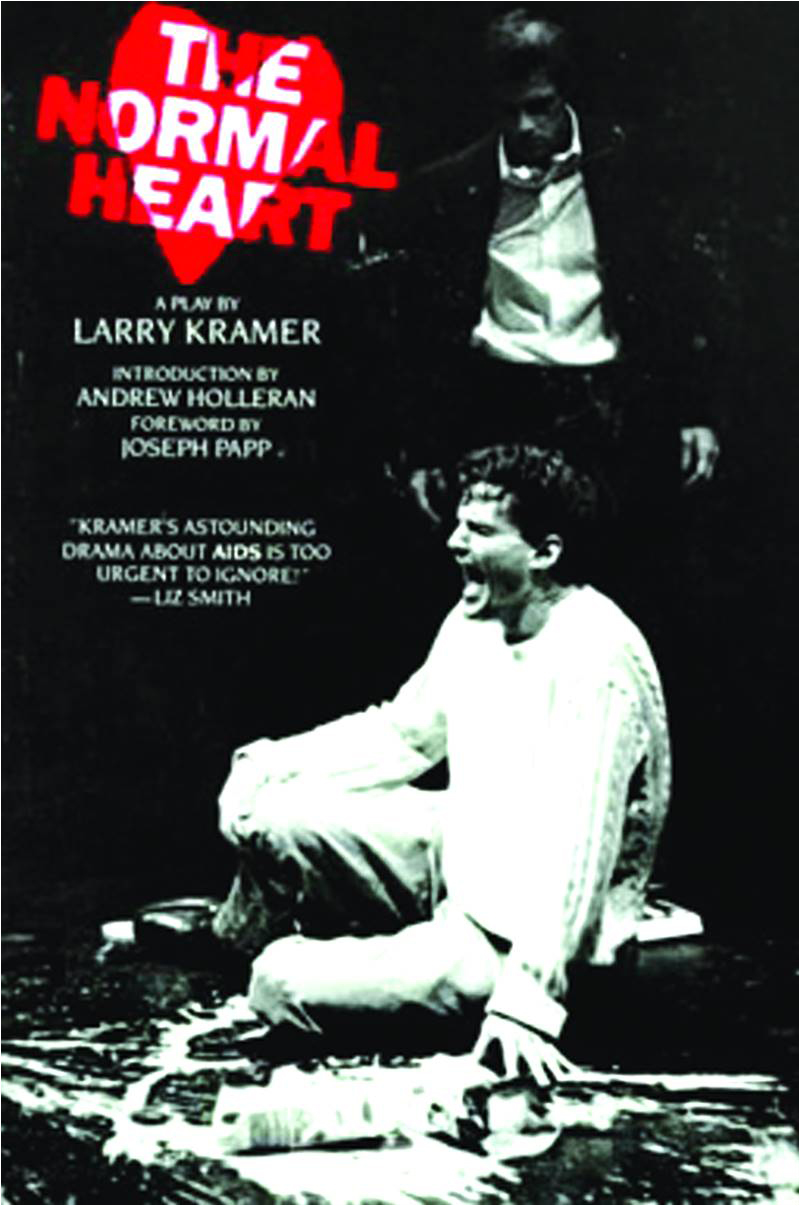
The closest I can get to seeing an expanse of green is when I climb out onto my rusted fire escape during the the day. The fire escape (calling it a ‘balcony’ is like christening one’s sink a ‘spa’) looks out into the back lots of my city block. Cloistered from street view, some have trees taller than the buildings, and together, they tangle to make a massive canopy of branches and light. I sit out there sometimes to catch the rays reflecting off the windows of the apartment opposite. Lately I have begun taking out a blanket and book because the height of pandemic luxury is to breath outside without a mask.
I’ve been readings plays out there recently. It started when someone sent me an meme about how Shakespeare produced his greatest work during the Great Plague of London, and although that may be perfectly true, it’s also an aggressively douchey thing to share. Is the lesson simply that a pause creates space to create? Or (more likely) a shady way to remind you that “you’ll never write Twelfth Night as long as you have a Netflix account you fat, non-exercising loser”?
Sorry. I think I paddled into deeper waters there…
Anyway, the meme did get me thinking about reading Shakespeare, which in turn got me back into reading contemporary plays again. I suspect I enjoy the silent thrill I get from stage notes acknowledging human touch - things written in the margins like “grabs hand” or “they embrace” are words from another world. Last week I re-read Tony Kushner’s Pulitzer Prize winning Angels in America. It’s probably my favorite work of contemporary fiction and follows the intersectional lives of several characters as they navigate first the fear and then the terror of the AIDS crisis in New York City in the 1980s.

I re-read the play every year but had avoided it this time in part because I knew its subject matter was essentially how much a virus can change everything and I didn’t feel like going there. The HIV pandemic of the eighties was in many ways very similar to whats happening today in the city. New York was an epicenter, people were dying, no one had answers, and there was a celebrity Republican President in power who made everything much worse. The main difference was that at the time most of the world didnt care because it was only affecting gay men. That demographic ignited a cruel kind of moral smugness in homophobes, who believed the ‘gay cancer’ (as AIDS was called then) was “what people had coming to them”. It wasn’t until the disease went mainstream that real action began to be taken.
My whole generation came of age after the HIV pandemic and we all- gay and straight alike - grew up under the spectre of its trauma, whether or not we realize it. The lessons learned from it imprinted themselves onto wider culture, where mantras like “safe sex” and “regular testing” became comically ubiquitous. It changed the way we socialized on every level, but before its threat went mainstream, the battles against the virus were fought almost solely by a beleaguered and oppressed group in an atmosphere of hate, hostility, judgement and near isolation. The story of their struggle is the backdrop of another play called The Normal Heart by the indomitable Larry Kramer, which follows a group of early NYC activists through the AIDS crisis, when few knew anything and even fewer wanted to find out.
Re-reading these plays forces you to remember that we - the collective We - have in fact been here before. New and unprecedented as this disease and its consequences may seem right now, there are groups of people who have lived through terrifying times and come out on the other side. To read the art that came out of those uncertain times, to read their monologues about their fear of a virus, or their anxiety over whether things will ever get back to normal, have been acutely familiar and intensely healing. I want to share one with you, reproduced below from The Normal Heart, in which a journalist character called Mickey, who is covering the AIDS crisis, momentarily breaks down under the weight of his frustration. This is what he said:
Mickey: I can’t take it anymore! I have written about every single theory, repeated infection by a virus, new appearance by a dormant virus, single virus, new virus, old virus, multi-virus, partial virus, latent virus, mutant virus...No, we mustn’t forget about sucking and kissing and blood and voodoo and drugs and paupers and needles and Africa, Haiti, Cuba, blacks, amoebas, pigs, Uranus! What if it isn’t any of them? The Great Plague of London was caused by drinking water from a pump that just…nobody noticed it. Maybe it’s predisposition or there’s just the theory of the herd. So maybe the guys who go to the baths, maybe they’ve built up the best immunity. I don’t know! (sobs) I don’t know what to tell anybody anymore, and everybody asks me. Who’s right? Who’s wrong? How can we tell people: “Stop”? It’s just, I don’t... it might be caused by...I don’t know. I don’t know.
Shakespeare is great, but I it may be worth looking for lessons to learn from writers who lived through plagues far closer.
Write to thekantawala@gmail.com
I’ve been readings plays out there recently. It started when someone sent me an meme about how Shakespeare produced his greatest work during the Great Plague of London, and although that may be perfectly true, it’s also an aggressively douchey thing to share. Is the lesson simply that a pause creates space to create? Or (more likely) a shady way to remind you that “you’ll never write Twelfth Night as long as you have a Netflix account you fat, non-exercising loser”?
Sorry. I think I paddled into deeper waters there…
Anyway, the meme did get me thinking about reading Shakespeare, which in turn got me back into reading contemporary plays again. I suspect I enjoy the silent thrill I get from stage notes acknowledging human touch - things written in the margins like “grabs hand” or “they embrace” are words from another world. Last week I re-read Tony Kushner’s Pulitzer Prize winning Angels in America. It’s probably my favorite work of contemporary fiction and follows the intersectional lives of several characters as they navigate first the fear and then the terror of the AIDS crisis in New York City in the 1980s.

I re-read the play every year but had avoided it this time in part because I knew its subject matter was essentially how much a virus can change everything and I didn’t feel like going there. The HIV pandemic of the eighties was in many ways very similar to whats happening today in the city. New York was an epicenter, people were dying, no one had answers, and there was a celebrity Republican President in power who made everything much worse. The main difference was that at the time most of the world didnt care because it was only affecting gay men. That demographic ignited a cruel kind of moral smugness in homophobes, who believed the ‘gay cancer’ (as AIDS was called then) was “what people had coming to them”. It wasn’t until the disease went mainstream that real action began to be taken.
My whole generation came of age after the HIV pandemic and we all- gay and straight alike - grew up under the spectre of its trauma, whether or not we realize it. The lessons learned from it imprinted themselves onto wider culture, where mantras like “safe sex” and “regular testing” became comically ubiquitous. It changed the way we socialized on every level, but before its threat went mainstream, the battles against the virus were fought almost solely by a beleaguered and oppressed group in an atmosphere of hate, hostility, judgement and near isolation. The story of their struggle is the backdrop of another play called The Normal Heart by the indomitable Larry Kramer, which follows a group of early NYC activists through the AIDS crisis, when few knew anything and even fewer wanted to find out.
The HIV pandemic of the 1980s changed the way we socialized on every level, but before its threat went mainstream, the battles against the virus were fought almost solely by a beleaguered and oppressed group in an atmosphere of hate, hostility, judgement and near isolation
Re-reading these plays forces you to remember that we - the collective We - have in fact been here before. New and unprecedented as this disease and its consequences may seem right now, there are groups of people who have lived through terrifying times and come out on the other side. To read the art that came out of those uncertain times, to read their monologues about their fear of a virus, or their anxiety over whether things will ever get back to normal, have been acutely familiar and intensely healing. I want to share one with you, reproduced below from The Normal Heart, in which a journalist character called Mickey, who is covering the AIDS crisis, momentarily breaks down under the weight of his frustration. This is what he said:
Mickey: I can’t take it anymore! I have written about every single theory, repeated infection by a virus, new appearance by a dormant virus, single virus, new virus, old virus, multi-virus, partial virus, latent virus, mutant virus...No, we mustn’t forget about sucking and kissing and blood and voodoo and drugs and paupers and needles and Africa, Haiti, Cuba, blacks, amoebas, pigs, Uranus! What if it isn’t any of them? The Great Plague of London was caused by drinking water from a pump that just…nobody noticed it. Maybe it’s predisposition or there’s just the theory of the herd. So maybe the guys who go to the baths, maybe they’ve built up the best immunity. I don’t know! (sobs) I don’t know what to tell anybody anymore, and everybody asks me. Who’s right? Who’s wrong? How can we tell people: “Stop”? It’s just, I don’t... it might be caused by...I don’t know. I don’t know.
Shakespeare is great, but I it may be worth looking for lessons to learn from writers who lived through plagues far closer.
Write to thekantawala@gmail.com

